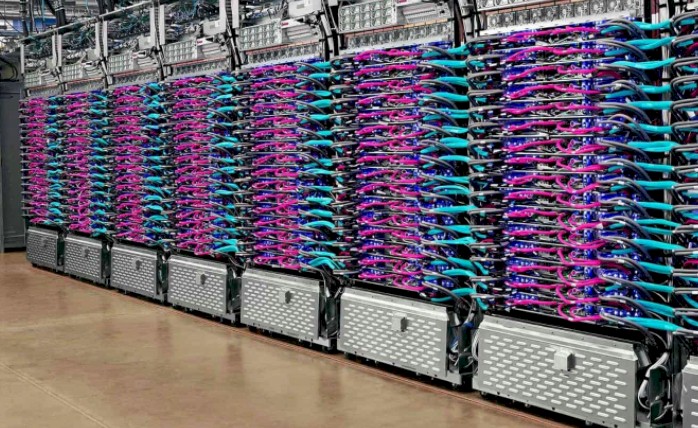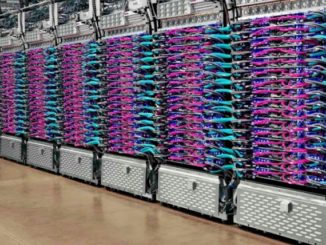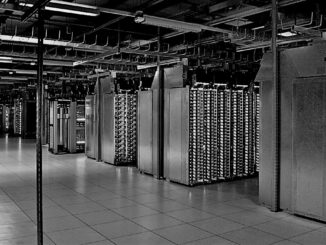
Skepticism About AI Use Does Not Yet Negate The Appetite For AI Hardware
People – and when we say “people” we mean “Wall Street” as well as individual investors – sometimes have unreasonable expectations. …

People – and when we say “people” we mean “Wall Street” as well as individual investors – sometimes have unreasonable expectations. …

The minute that search engine giant Google wanted to be a cloud, and the several years later that Google realized that companies were not ready to buy full-on platform services that masked the underlying hardware but wanted lower level infrastructure services that gave them more optionality as well as more responsibility, it was inevitable that Google Cloud would have to buy compute engines from Intel, AMD, and Nvidia for its server fleet. …

Three years ago, thanks in part to competitive pressures as Microsoft Azure, Google Cloud, and others started giving Amazon Web Services a run for the cloud money, the growth rate in quarterly spending on cloud services was slowing. …

Being in the cloud business is difficult and expensive – even for a rich company like Google. …

In recent years, when the economy became unstable, enterprises tended to look to the cloud as a safe haven. …

Thomas Kurian’s arrival at Google Cloud in early 2019 after more than 22 years at Oracle marked a significant shift in Google’s thinking, putting an emphasis on expanding its cloud’s business use by enterprises as the key to making up ground on Amazon Web Services (AWS) and Microsoft Azure in the booming global cloud market. …

Supply chains have become so complex and tangled that the traditional way of navigating everything from suppliers, inventory, transportation and analytics has been upended. …

In a world where Moore’s Law is slowing and hardware has to be increasingly co-designed with the system software stack and the applications that run above it, the matrix of possible combinations of hardware is getting wider and deeper. …

One of the benefits of the public cloud is that it allows HPC centers to experiment and push the limits of scalability in a way they could never do if they had to requisition, budget, and install machinery on premises. …

Public clouds bring a lot of advantages to enterprises, such as more flexibility and scalability for their many of their workloads, a way to avoid expensive capital costs by using someone else’s infrastructure and having someone else manage it all, and the ability to pay only for the resources they use. …
All Content Copyright The Next Platform